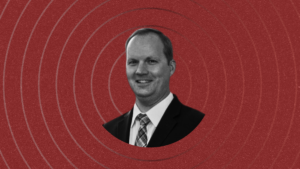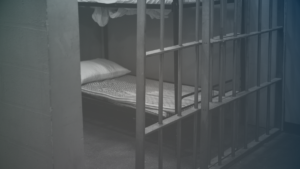Source: WUNC
State health officials briefed a legislative oversight committee on Tuesday, highlighting the urgent need for increased funding to address critical staffing and financial deficits confronting childcare and mental health facilities in North Carolina.
In the latter half of last year, North Carolina witnessed a net loss of over 50 childcare facilities, with concerns looming over potential further closures following the expiration of federal funding. Lawmakers received an update on the dire situation facing childcare providers, as federal stabilization aid, vital during the COVID-19 pandemic, is set to conclude in June. According to a recent survey by the N.C. Child Care Resource and Referral Council, nearly a third of providers could face closure without alternative funding sources post-June. Many grapple with staff shortages and contemplate tuition hikes.
Ariel Ford from the state Department of Health and Human Services urged the legislature to consider augmenting state subsidies to alleviate the crisis. Ford emphasized that existing childcare subsidies fail to reflect the actual costs, perpetuating low wages for childcare workers. The median wage of $14 per hour pales in comparison to retail wages, posing a significant challenge, particularly in rural areas.
Furthermore, the mental healthcare sector grapples with substantial shortages, with over a third of state-run psychiatric hospital beds unoccupied due to staffing deficiencies. Lawmakers are urged to revisit proposals for pay increases to attract more healthcare professionals. Approximately 30% of positions in state psychiatric facilities remain vacant, leading to reliance on temporary staff and hindering patient care.
Despite last year’s pay raises and bonuses aimed at reducing turnover, Mark Benton of the Department of Health and Human Services stressed the persistent need for competitive pay. Addressing a legislative committee, Benton emphasized the necessity to bridge the gap in compensation compared to other healthcare institutions.
State health officials also highlighted North Carolina’s ranking of 38th in mental health care access nationwide, with the majority of counties facing shortages of mental health professionals. However, they outlined plans for improvement, buoyed by federal funding allocated through Medicaid expansion. These initiatives include increased Medicaid provider reimbursements and the establishment of new crisis facilities to alleviate overcrowded emergency rooms.
As the legislature reconvenes later this month in Raleigh for the “short session,” revising the state budget stands as a crucial agenda item to address these pressing challenges.





